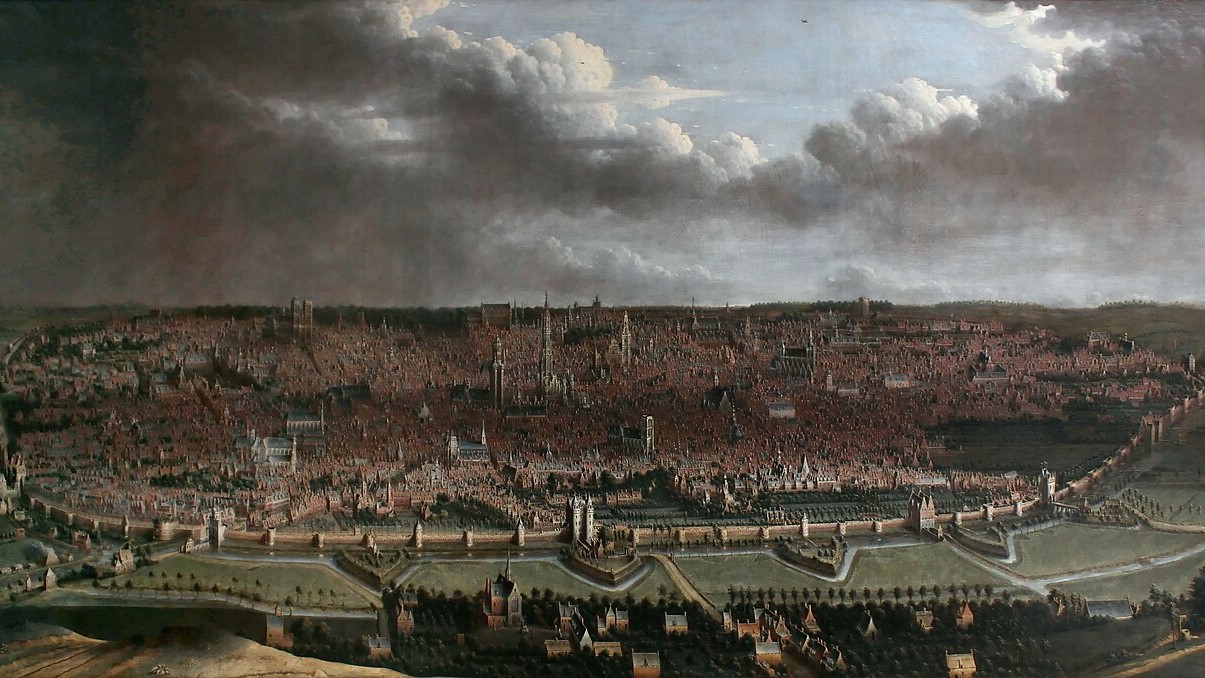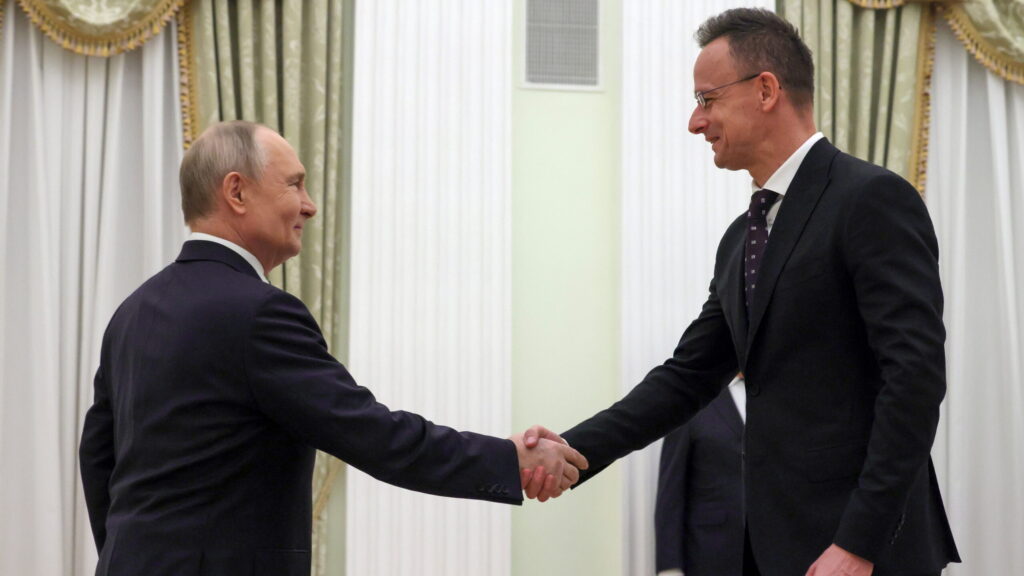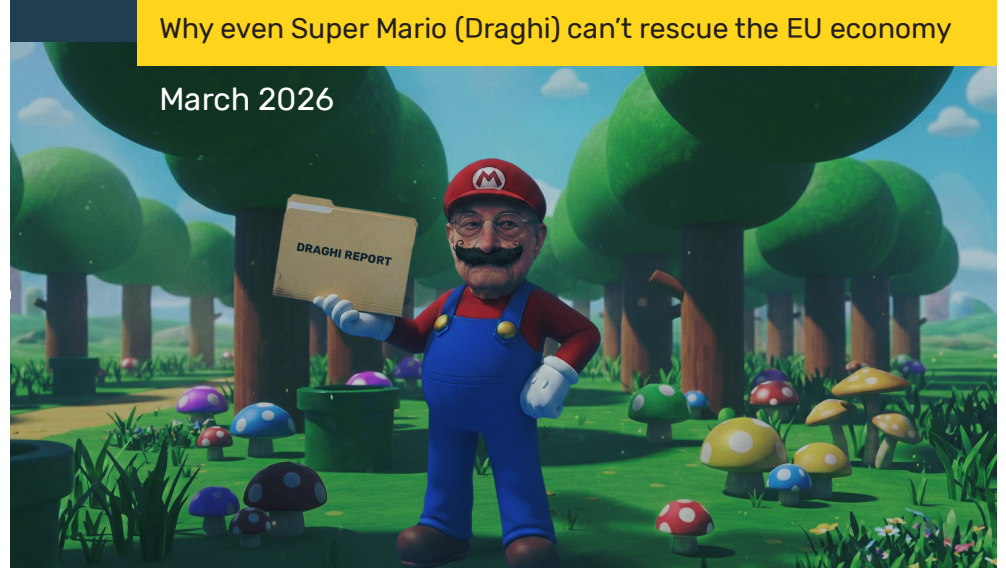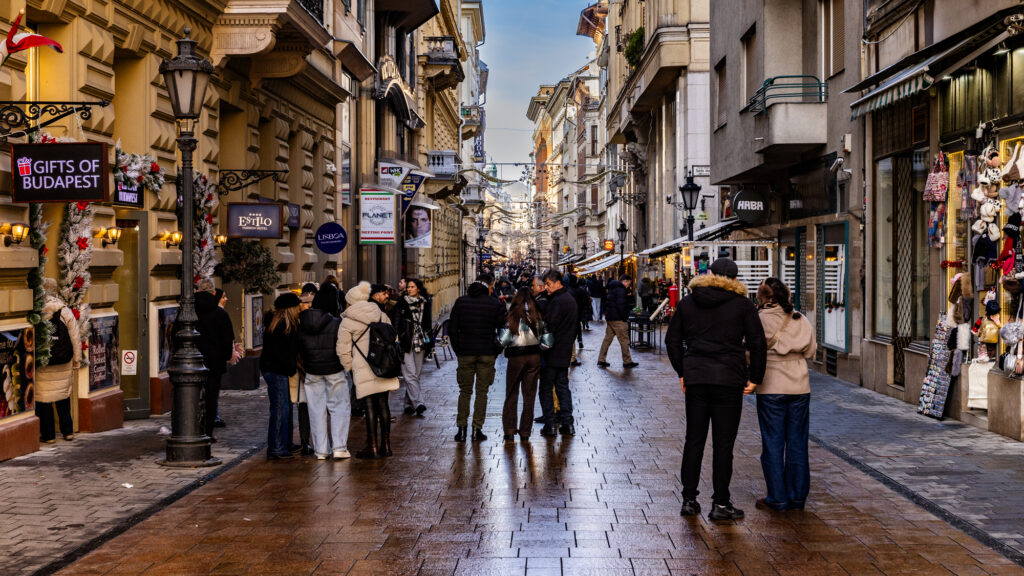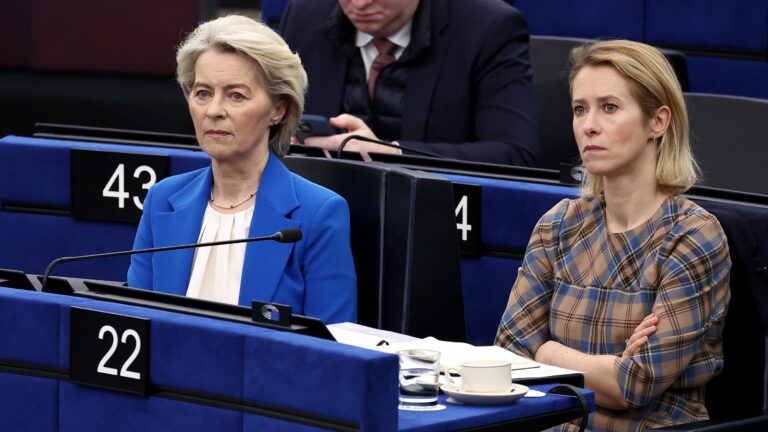Western Europe is in terminal decline. That’s my point of view, anyway. One informed by two years in the European Union’s infernal capital. Of seeing the rot up close.
Formerly the seat of a small yet geopolitically significant empire, Brussels is a shadow of its former self. Trash is omnipresent, with shredded bin bags coating numerous roadways like decaying mulch would a forest floor. Escaping the stench of faeces, urine, and marijuana is damn near impossible in vast parts of the city, with the air quality overall infamously amongst the worst on the continent.
And those are the safe areas.
Living in Belgium is painful. You scuttle the dirt-swept streets like some mite in the carcass of a once great civilization. Surrounding you loom buildings of such immensity that they often defy comprehension. Not the modern monoliths of glass and steel, but great stone constructions.
Built in the 19th century, when the steel and coal trade were roaring, many now stand defaced and disrespected amongst populations that bear no connection to them, whether those be the cosmopolitan rabble of Brussels Central and Ixelles, or the non-European communities of Matonge or Saint-Josse-ten-Noode. The city sports some of the largest stone buildings in Europe, the interiors of which often carry staggering beauty. But even the people living beside them are not aware of any of that.
Even if they were, I doubt they’d care.
My apartment sat by the Royal Palace. No monarch lives there anymore. The king—yes, Belgium supposedly has a king—is just shuttled in and out every day from a tucked-away pad somewhere outside the city centre.
The place is a wreck. The front gardens are ill-maintained and overgrown. The side entrance is even worse. It’s now a de facto public toilet. I used to joke to anyone who dared visit me in the city that any would-be urinators are given a choice whenever they want to use the area. If they want privacy, they can slather their refuse on the ornate 19th-century gate without much trouble.
If they want to make a political statement, they could mimic the locals and instead piss against the bronze figure of Leopold II.
Not that they would do any real damage either way. The gates are constantly strewn with rubbish. The statue, meanwhile, spends more days defaced with Black Lives Matter-style graffiti than in a presentable condition. Each time they bother cleaning the thing, it is only a matter of days before new red scrawls of misspelt English appear.
‘The innocent are defenceless, of course…Freedom is a foreign concept for those who behave themselves’
But these issues are almost cute. Not like the violence. Shootings are a regular occurrence. Sometimes, Islamist terrorists are behind them. More often, it’s the gangs. Usually, they just shoot at each other, though sometimes passers-by get blown away in the crossfire. The innocent are defenceless, of course. No guns allowed for the law-abiding. Freedom is a foreign concept for those who behave themselves.
Two separate times, friends visiting my apartment were forced to unexpectedly stay the night on my floor due to active shooters running rampant beyond my door. One night involved a terrorist who managed to shoot dead two Swedish football fans. It was a surreal experience watching the footage online of the Islamist reloading his armalite rifle on a street one of my friends lived on.
Despite spending the rest of the night roaming the city with his loaded gun, the police only managed to kill the guy the following day.
A lot of this is the EU’s fault. Despite having based the plurality of its institutions in the city, Eurocrats don’t exactly try to take care of Brussels. Many don’t even live in it, opting to just regularly dash in and out of the increasingly dystopian metropolis via subsidized flights and private, sometimes police-escorted. The most they see of the city, beyond the cordoned-off organs of the European machine, is its airport.
But you can’t blame Eurocrats for everything.
Belgium is incompetent. It’s more bureaucracy than country at this point. A soulless machine running on the tax gathered from hard workers across Europe that somehow manages to achieve nothing of worth. The system treats workers as slaves. The lowest income tax bracket is 25 per cent. That shoots up to 40 per cent for anything earned over €15 820, and maxes out at 50 per cent for anything over €48 320. These brackets do not apply to those working for NATO or any of the European institutions. They are exempt.
Funny how that works.
It’s been just a few weeks since I started my move to Budapest, and already the difference is surreal. Streets are clean and safe to walk even if you are a woman. Public transport is both cheap and efficient. The quality of stores of all kinds is far and away above what you get in Brussels, too, where supermarkets are largely banned from operating after 6pm and at all on Sundays. Numerous apartments are outfitted with air conditioning, a foreign concept in Belgium despite its sweltering summers.
And the diversity problems? Put it this way: I’m sceptical the city will see a major terror attack anytime soon. The EU increasingly bills Hungary as a whole as a hotbed of hatred in the uncivilized ‘East’, but judging by the fact that gay couples and Jewish families walk the streets openly, I’m starting to think they might be lying.
I know. European Union officials are lying. Did you ever think you’d see the day?
For our Hungarian readers, take this example of Brussels as a warning. Of what a city—an entire country—can become if you let institutional rot take hold. The whole of Western Europe is like this now. Brussels is the rotten centre, but Paris, Berlin and Amsterdam are not that far behind. But the parts of Central and Eastern Europe that spent much of the 20th century behind the Iron Curtain are yet to fall victim to this degenerative contagion.
‘For our Hungarian readers, take this example of Brussels as a warning. Of what a city—an entire country—can become if you let institutional rot take hold’
Budapest is a city that’s growing. A place where people believe the future will be more prosperous than the past. It has its problems—everywhere does—but those problems are born out of success, not of the slow, ever-creeping decay that plagues the lands to its West.
Hungarians need to keep it this way. Preserving prosperity is not a passive task, but an active battle. One must constantly strive to be better, or risk falling mindlessly into oblivion.
Brussels has succumbed to such a fate. Don’t let Budapest follow in its footsteps.
Related articles:

